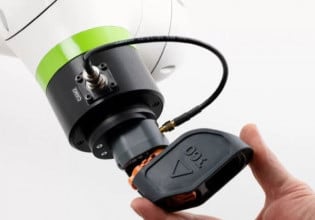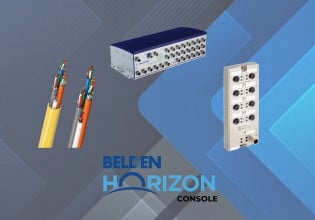E
hi all,
i am looking to learn a new software.
from what i have gathered from my present job (commissioning & maintenance), VB seems to be a good option. (i did not code in VB when i was in college). it looks easy too (just a view, and it seems much like labview though the code is similar to C or for that matter basic ). i currently do ladder & STL, SCADA till now roams at large.
). i currently do ladder & STL, SCADA till now roams at large.
any comments/suggestions/warnings/forecasts/alternatives, recommendations/criticism...are welcome. i also like the word alias.
i am looking to learn a new software.
from what i have gathered from my present job (commissioning & maintenance), VB seems to be a good option. (i did not code in VB when i was in college). it looks easy too (just a view, and it seems much like labview though the code is similar to C or for that matter basic
any comments/suggestions/warnings/forecasts/alternatives, recommendations/criticism...are welcome. i also like the word alias.






